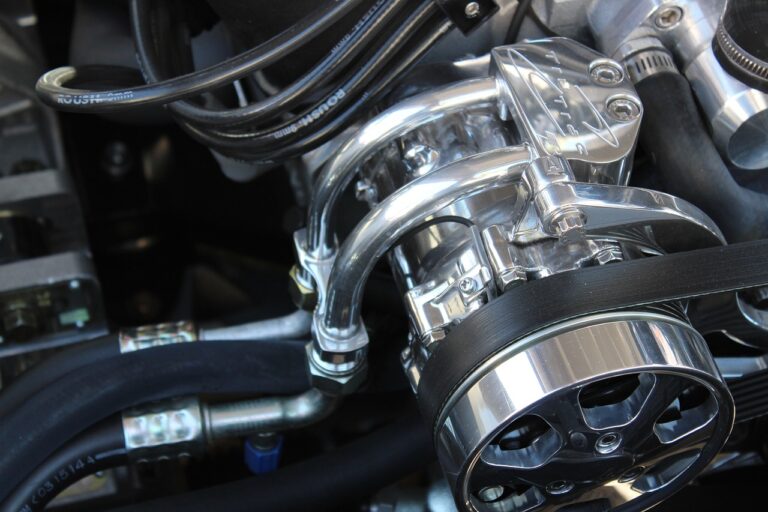The Role of Swarm Robotics in Autonomous Vehicle Fleet Operations
Swarm robotics is a fascinating field that draws inspiration from the collective behavior of social insects to develop multi-robot systems that can work cooperatively towards a common goal. By enabling a group of robots to communicate and coordinate their actions in a decentralized manner, swarm robotics offers a promising approach to solving complex tasks more efficiently and robustly than individual robots could achieve alone.
One key advantage of swarm robotics is its ability to adapt to dynamic and unpredictable environments. By distributing tasks among multiple robots that can adapt and self-organize in real-time, swarm robotics systems are better equipped to handle uncertainties and changing conditions than traditional centralized approaches. This flexibility and resilience make swarm robotics particularly well-suited for applications in areas such as search and rescue missions, environmental monitoring, and autonomous exploration.
Benefits of Swarm Robotics in Autonomous Vehicle Fleets
Swarm robotics in autonomous vehicle fleets offers numerous benefits that can revolutionize transportation systems. By employing a decentralized approach, swarm robotics enables vehicles to communicate and collaborate seamlessly, leading to improved efficiency and coordination. This results in smoother traffic flow, reduced congestion, and enhanced safety on the roads.
Furthermore, the use of swarm robotics in autonomous vehicle fleets allows for adaptive decision-making in real-time situations. Vehicles can quickly respond to unexpected obstacles or changes in traffic conditions by collectively adjusting their routes or speeds. This dynamic response mechanism not only enhances the overall efficiency of the fleet but also improves the overall passenger experience by providing a smooth and reliable transportation service.
Enhancing Efficiency Through Swarm Intelligence
Swarm intelligence, a concept inspired by the collective behavior of social insects like ants and bees, is revolutionizing the field of robotics. By mimicking the decentralized decision-making and collaboration seen in these natural systems, swarm robotics enables a group of relatively simple robots to work together towards a common goal with remarkable efficiency. This distributed approach to problem-solving allows the robots to adapt to changing environments and circumstances in real-time, making them highly versatile and resilient.
One of the key benefits of swarm intelligence in enhancing efficiency lies in its ability to achieve complex tasks through the collaboration of multiple agents. Instead of relying on a single, centralized controller to navigate and manage the system, each robot in the swarm interacts with its neighbors to self-organize and coordinate their actions. This decentralized approach not only distributes the computational burden across the entire group but also enables the robots to work in parallel, leading to faster and more efficient problem-solving.
• Swarm intelligence is inspired by the collective behavior of social insects like ants and bees
• Swarm robotics allows simple robots to work together towards a common goal with efficiency
• Decentralized decision-making and collaboration in swarm robotics mimics natural systems
• Robots in a swarm can adapt to changing environments and circumstances in real-time
What is swarm robotics?
Swarm robotics is a field of robotics that involves the coordination of multiple robots working together in a decentralized manner to achieve a common goal.
What are some benefits of using swarm robotics in autonomous vehicle fleets?
Some benefits of using swarm robotics in autonomous vehicle fleets include improved efficiency, increased flexibility, and better scalability.
How does swarm intelligence enhance efficiency in robotics?
Swarm intelligence enhances efficiency in robotics by allowing multiple robots to work together in a coordinated manner, sharing information and tasks to achieve optimal outcomes.
Can swarm intelligence be applied to other industries besides robotics?
Yes, swarm intelligence can be applied to various industries such as logistics, manufacturing, agriculture, and healthcare to improve efficiency and performance.
How can companies implement swarm intelligence in their operations?
Companies can implement swarm intelligence in their operations by investing in the development of autonomous systems, leveraging advanced algorithms, and integrating data-driven decision-making processes.







